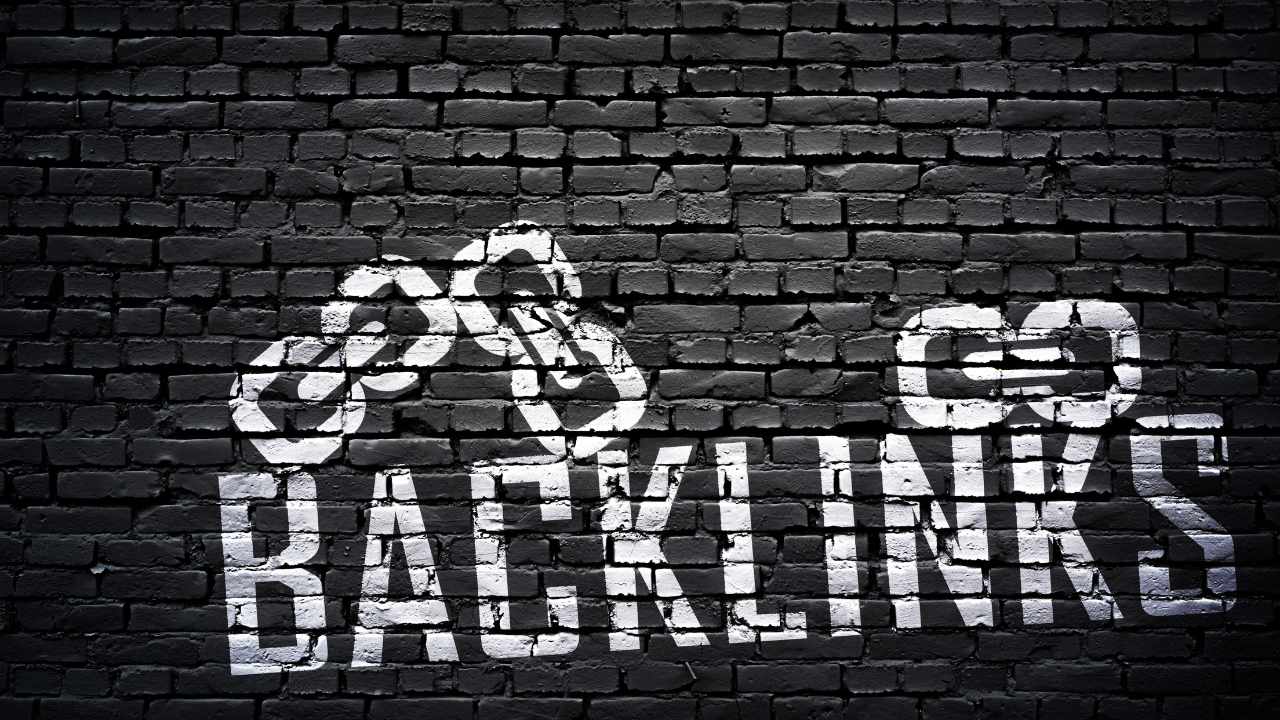How Can I Get Backlinks from Authoritative Websites?: In today’s digital age, building high-quality backlinks is crucial for improving your website’s search engine rankings and online visibility. Authoritative backlinks not only boost your credibility but also drive organic traffic to your site. But the question is, how can you secure these valuable backlinks? In this blog, we’ll guide you through effective strategies, provide FAQs, and ensure you’re equipped with actionable steps.
What Are Authoritative Backlinks?
Authoritative backlinks are links from high domain authority websites that point to your site. These websites have established trust, credibility, and relevance in their niche, which makes their links more impactful for SEO. Examples include links from government (.gov), educational (.edu), or well-established websites in your industry.
Strategies to Get Backlinks from Authoritative Websites

1. Create High-Quality Content
Content is king. Here’s how you can create link-worthy content:
- Original Research: Publish unique studies, surveys, or reports that others want to reference.
- Comprehensive Guides: Write in-depth guides or how-to articles.
- Infographics: Design visually appealing infographics that are easy to share.
- Interactive Content: Tools like calculators, quizzes, or maps can attract links due to their engaging nature.
2. Guest Blogging
Guest blogging remains a powerful method:
- Identify high-authority websites in your niche.
- Pitch unique content ideas to their editors.
- Ensure your guest post includes a contextual backlink to your website.
3. Leverage Broken Link Building
Broken link building involves:
- Finding broken links on authoritative websites.
- Suggesting your content as a replacement.
- Using tools like Ahrefs or SEMrush to identify opportunities.
4. Collaborate with Influencers
Partner with influencers in your niche:
- Offer to collaborate on content or promotions.
- Influencers’ endorsements often result in backlinks from their platforms.
- Provide free products or services in exchange for honest reviews and links.
5. Directory Submissions
Submit your site to credible directories:
- Focus on industry-specific directories.
- Avoid spammy or low-quality directories.
- Look for opportunities in local business directories for geo-targeted SEO.
6. HARO (Help A Reporter Out)
Respond to journalists’ queries on HARO:
- Provide expert insights or quotes.
- If accepted, you’ll earn backlinks from reputed media outlets.
- Ensure your responses are concise and highly relevant to the journalist’s needs.
7. Social Media and PR
Promote your content actively:
- Share on LinkedIn, Twitter, and niche forums.
- Build relationships with journalists and bloggers.
- Use platforms like Reddit and Quora to showcase your expertise, linking back to your site where relevant.
8. Competitor Analysis
Analyze your competitors’ backlinks:
- Use tools to find where their links come from.
- Target those sources for your link-building efforts.
- Identify gaps in your link profile and address them strategically.
9. Participate in Industry Events
Engage with industry-specific webinars, conferences, and online events:
- Networking with industry leaders can lead to collaborative content opportunities.
- Many event pages link to participant websites as part of their promotions.
10. Repurpose Existing Content
Convert your content into different formats:
- Turn blogs into videos or podcasts.
- Share them on platforms like YouTube or Spotify, with links pointing back to your website.
- Use SlideShare for presentations and provide backlinks in the descriptions.
Frequently Asked Questions (How Can I Get Backlinks from Authoritative Websites?)
1. How long does it take to get backlinks from authoritative websites?
It depends on your strategy and efforts. Guest blogging or HARO responses can yield quicker results, while building relationships and creating viral content might take longer.
2. Can I buy backlinks?
Buying backlinks is against Google’s guidelines and can result in penalties. Focus on earning backlinks through genuine efforts.
3. Are backlinks the only factor for ranking higher in search results?
No, while backlinks are important, other factors like content quality, website speed, and user experience also play a significant role.
4. What tools can help in building backlinks?
Popular tools include:
- Ahrefs
- SEMrush
- Moz
- Google Search Console
5. How do I check the authority of a website?
You can use tools like Moz’s Domain Authority (DA) checker or Ahrefs’ Domain Rating (DR) to evaluate a website’s authority.
6. What is anchor text, and why does it matter?
Anchor text is the clickable text in a hyperlink. Using relevant and natural anchor text improves the context and SEO value of a backlink.
7. Can I remove toxic backlinks?
Yes, use tools like Google’s Disavow Tool to remove or disavow harmful backlinks that may affect your site’s credibility.
8. Should I focus on quantity or quality of backlinks?
Quality always trumps quantity. A single authoritative backlink can have more impact than dozens of low-quality links.
Final Thoughts
Securing backlinks from authoritative websites requires consistent effort, creativity, and patience. By creating exceptional content, building relationships, and leveraging the right tools, you can strengthen your link profile and improve your search rankings.
Remember, focus on quality over quantity. One authoritative backlink is far more valuable than multiple low-quality links. Keep experimenting with different strategies, track your progress, and adapt to changes in the SEO landscape.
Start implementing these strategies today and watch your website’s authority grow!




